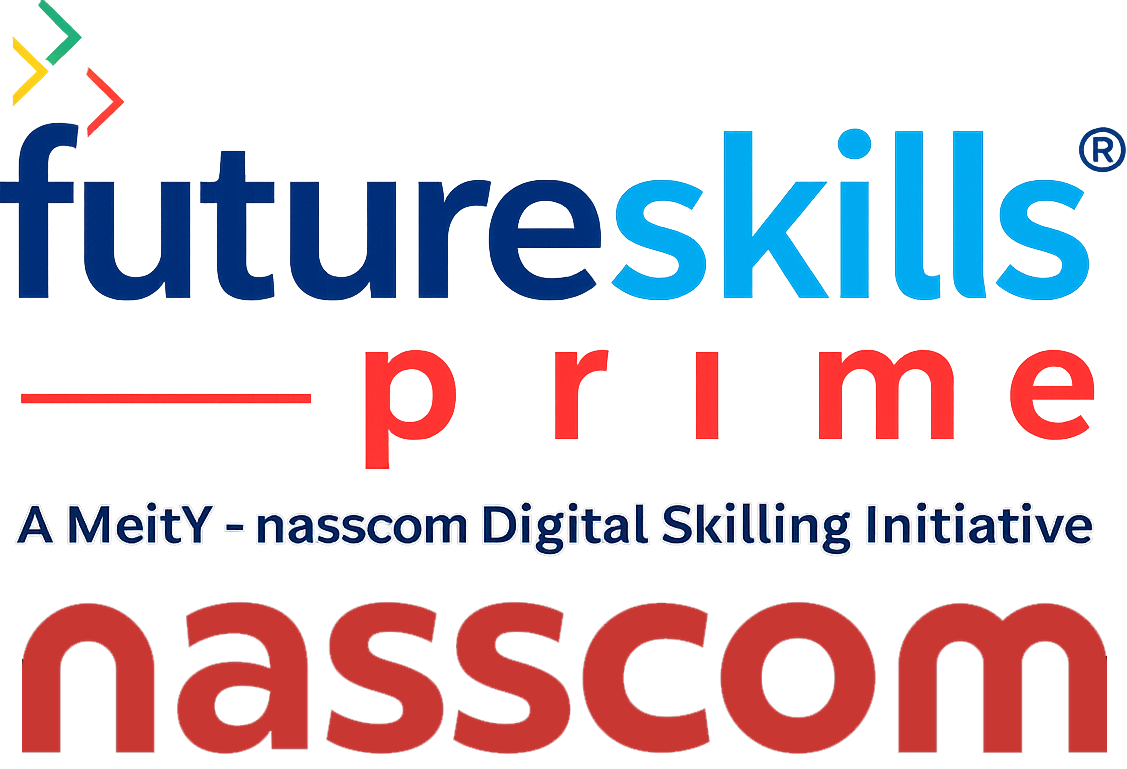Artificial Intelligence (AI) has revolutionized various industries, and the food industry is no exception. With advancements in technology and the availability of vast amounts of data, AI is playing a crucial role in transforming the way we produce, distribute, and consume food. From enhancing agricultural practices to improving customer experiences, AI is making significant contributions across the entire food supply chain. In this article, we will explore the impact of AI in the food industry and how it is shaping the future of food.
AI in Agriculture
AI refers to the simulation of human intelligence in machines that are programmed to learn, reason, and make decisions. In the food industry, AI technologies, such as machine learning, natural language processing, and computer vision, are being employed to address various challenges and improve efficiency.
Improving Crop Yield and Quality
AI-powered systems analyze environmental data, including soil conditions, weather patterns, and historical data, to provide actionable insights for farmers. By leveraging this information, farmers can optimize irrigation, fertilization, and pest control practices, leading to increased crop yield and improved quality.
Precision Farming Techniques
AI enables precision farming techniques such as drone technology and satellite imaging. Drones equipped with AI algorithms can monitor crop health, detect diseases, and identify areas that require attention. Satellite imagery helps farmers assess crop growth and identify potential issues across large agricultural areas.
Predictive Analytics for Pest Control
AI algorithms can analyze data from various sources, such as weather forecasts and pest population dynamics, to predict and prevent pest outbreaks. By applying targeted interventions, farmers can minimize crop damage and reduce the need for harmful pesticides.
AI in Food Production
Automation and Robotics
AI-powered robots are increasingly used in food production facilities to automate repetitive tasks, such as sorting, packaging, and quality control. These robots work with precision, speed, and consistency, leading to improved productivity and reduced labor costs.
Quality Control and Safety Measures
AI systems can analyze images, videos, and sensor data to identify defects, contaminants, or deviations from quality standards. By automating quality control processes, food manufacturers can ensure consistent product quality and reduce the risk of recalls.
Supply Chain Optimization
AI algorithms optimize supply chain management by analyzing factors such as demand forecasting, inventory levels, and transportation routes. This enables companies to minimize waste, improve distribution efficiency, and enhance overall supply chain performance.
AI in Food Service and Delivery
Personalized Recommendations
AI-powered recommendation systems analyze customer preferences, purchase history, and contextual data to provide personalized menu suggestions. By tailoring recommendations to individual tastes and dietary restrictions, restaurants and food delivery platforms can enhance customer satisfaction and increase sales.
Efficient Delivery Routing
AI algorithms optimize delivery routes based on real-time traffic data, order volumes, and customer locations. This enables food delivery services to improve delivery speed, reduce fuel consumption, and enhance the overall delivery experience.
Chatbots and Virtual Assistants
AI-powered chatbots and virtual assistants are being used to streamline customer interactions, handle inquiries, and assist with food ordering. These automated systems provide quick responses, reduce waiting times, and improve customer service efficiency.
AI in Food Safety and Nutritional Analysis
Food Contamination Detection
AI technologies can identify potential food contamination by analyzing patterns, identifying anomalies, and monitoring supply chain data. This early detection helps prevent foodborne illnesses and enables timely interventions to maintain food safety standards.
Nutritional Labeling and Analysis
Artificial Intelligence powered systems can analyze food composition and provide accurate nutritional information. By automating the labeling process, manufacturers can ensure compliance with regulatory requirements and help consumers make informed dietary choices.
AI in Customer Experience
Customized Menu Suggestions
AI algorithms analyze customer preferences, order history, and demographic data to offer personalized menu suggestions. By tailoring menus to individual tastes and dietary needs, restaurants can provide a unique and engaging dining experience.
Virtual Reality Dining Experiences
AI, coupled with virtual reality (VR) technology, is transforming the dining experience by creating immersive virtual environments. Customers can explore virtual menus, visualize dishes, and even interact with virtual chefs, enhancing engagement and entertainment value.
Enhanced Customer Service
AI-powered chatbots and voice assistants enable seamless interactions between customers and food service establishments. These intelligent systems can handle reservations, answer inquiries, and provide real-time assistance, resulting in improved customer satisfaction.
Ethical Considerations and Challenges
The adoption of AI in the food industry raises ethical considerations, including data privacy, algorithm bias, and job displacement. It is crucial to address these challenges and ensure transparency, fairness, and accountability in AI systems.
Future of AI in the Food Industry
The future of AI in the food industry looks promising. Advancements in AI technologies, coupled with increased connectivity and data availability, will enable further innovation and optimization across the food supply chain. From sustainable farming practices to personalized dining experiences, AI will continue to shape the future of food.
Conclusion
Artificial Intelligence is transforming the food industry by enhancing efficiency, improving productivity, and providing personalized experiences. From optimizing agricultural practices to revolutionizing food service and delivery, AI is revolutionizing the way we grow, produce, and consume food. Embracing AI in the food industry presents opportunities to improve sustainability, safety, and customer satisfaction.





